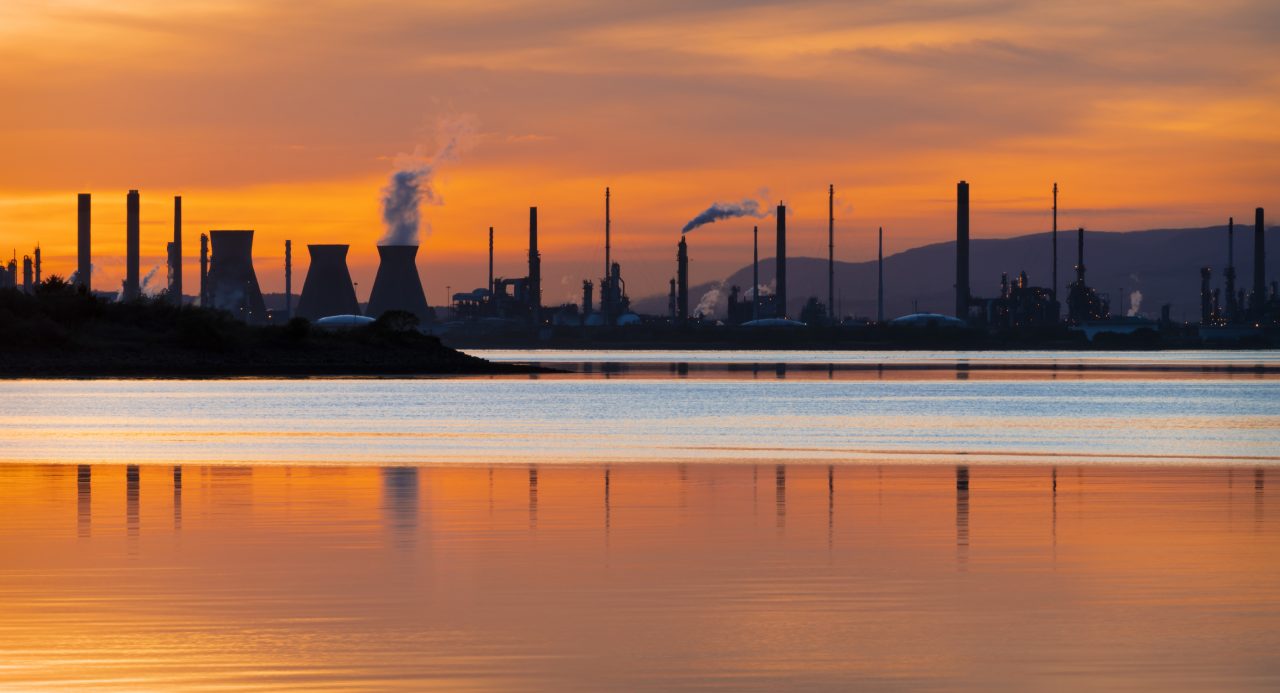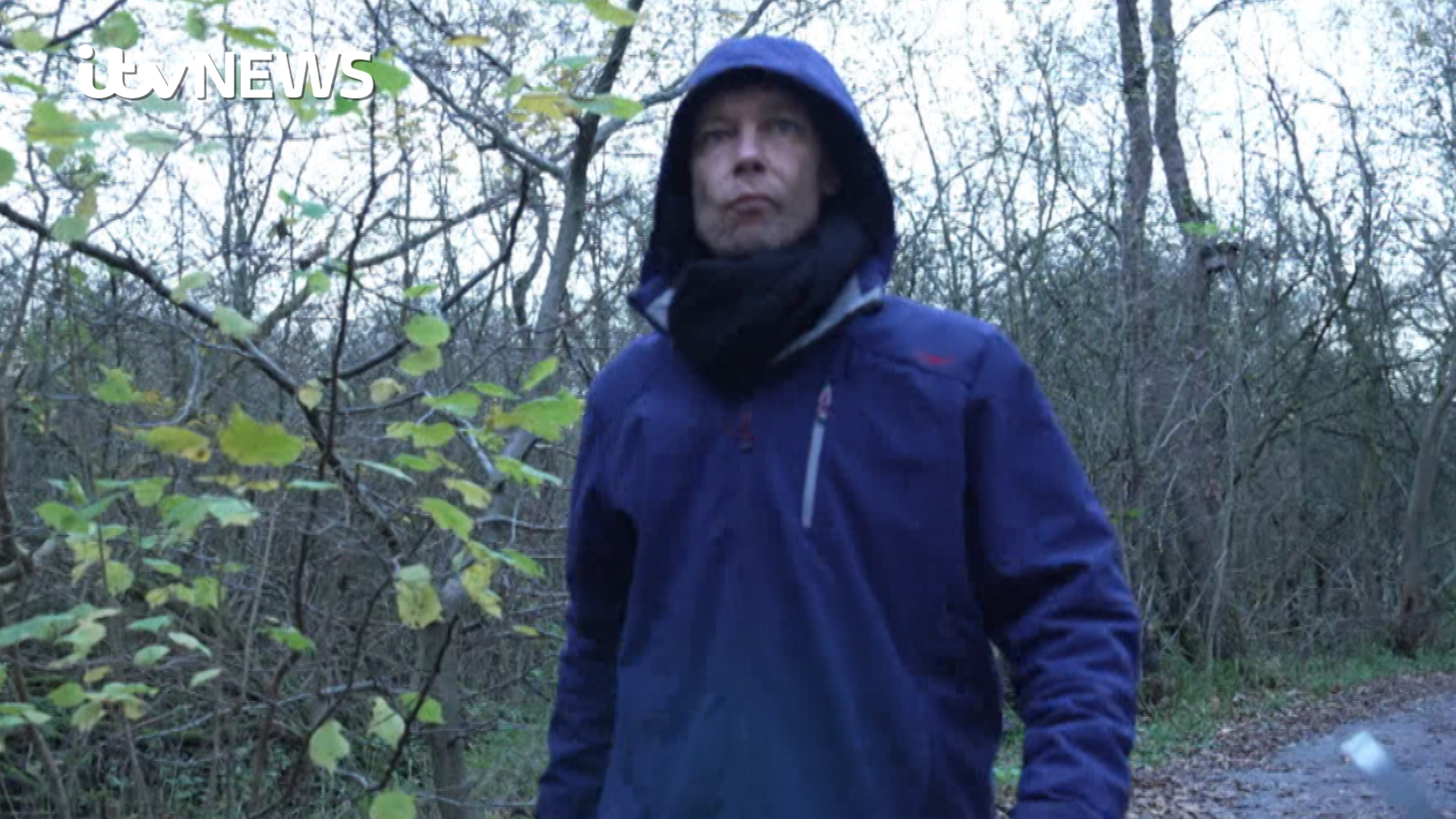There’s an old saying that ‘mighty oaks from little acorns grow’.
For years now, backers of a carbon capture and storage (CCUS) site in Scotland believe a mighty industry is set to grow from the Acorn project in the north east of Scotland.
The site would take emissions from industrial sites in Scotland and elsewhere in the UK and store them under the North Sea, to reduce the amount of CO2 released into the atmosphere.
On Wednesday, after years of ‘will it, won’t it’, the UK Government finally gave its backing to the project at the site of the gas terminal at St Fergus in Aberdeenshire.
As part of the spending review by the chancellor, Acorn, along with another site in England known as Viking, will now be given the green light.
However, exactly how much Acorn will get is still to be revealed.
The UK Government does say it will provide £9.4bn of funding for CCUS over the course of this parliament.
That money though looks like it will mainly go to helping advance two sites already given the go-ahead in England.
Acorn will get ‘development funding to advance their delivery’ according to the Treasury.
Crucially too, as is often the case, Treasury documents also say about Acorn, “A final investment decision will be taken later this Parliament, subject to project readiness and affordability.”
What is the Acorn project and carbon capture?
The Acorn project will take the greenhouse gases created through industrial processes.
Repurposed pipelines and ships will take CO2 from places like Grangemouth to the Acorn site in the north east of Scotland.
From there, the CO2 will then be transported by old pipelines around 100km offshore and stored around 2.5km under the seabed.
The CO2 is stored below a seal of rocks to prevent the emissions from escaping.
The politics of carbon capture
The project has become something of a political football.
The Scottish Government has long called for the UK Government to give its full backing to Acorn.
It has previously said it would support the site and the wider ‘Scottish Cluster’, which includes Grangemouth with funding, but wanted the UK Government to back it too.
Acorn previously failed to get full backing from the Government, in what was known as ‘Track-1’ status.
It was instead given ‘reserve status’.
Two sites in England were given the go-ahead instead and in October last year the UK Government said it would back those projects with nearly £22bn of funding over the next 25 years.
In response to the announcement, the SNP have accused “successive Westminster governments’ of dragging ‘their heels on Acorn.’
The ‘Scottish Cluster’ includes Grangemouth, where of course there have been hundreds of job losses.
It’s unclear what that means for the scale of the Acorn project.
Those behind Acorn though are pleased that finally they’ve been given UK Government support.
Aberdeen and Grampian Chamber of Commerce today said Acorn can, “Unlock £7bn in private investment, to protect and create thousands of high value jobs, and to support our supply chain through the transition.”
However, environmental campaigners have accused CCUS of ‘greenwashing’.
Friends of the Earth Scotland say Acorn is “a fossil fuel polluters pipe dream and will never live up to the hype”.
Either way, Wednesday’s news has been a long time in the making.
There has been talk about Carbon Capture and Storage in Scotland for well over a decade.
The announcement today may take it one step closer, but it is far from a done deal yet.
Follow STV News on WhatsApp
Scan the QR code on your mobile device for all the latest news from around the country





























